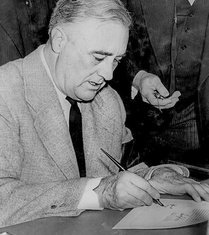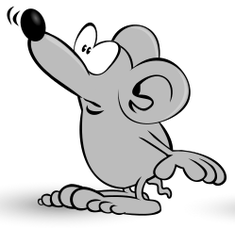Featured Quizzes
User Quizzes
Create Quiz
Data and Charts
Badges and Games
About JetPunk
JetPunk Shop
Dark Mode

That's Viking You're Speaking!
Name the RANDOM English words which have their roots in Old Norse.
Answers change every time you play!
Rate:
Last updated: September 16, 2023
You have not attempted this quiz yet.
More quiz info >>
| First submitted | April 18, 2023 |
| Times taken | 1,332 |
| Average score | 70.0% |
| Rating | 4.92 | Report this quiz | Report |
4:00
Enter word here
0
/ 20 guessed
Time Used
00:00
Best Time
00:00
The quiz is paused. You have remaining.
Scoring
You scored / = %
This beats or equals
% of test takers
also scored 100%
The average score is
Your high score is
Your fastest time is
Keep scrolling down for answers and more stats ...
|
5 Comments
interopia
+5
Level 85
Apr 18, 2023
Interesting!
overtired
+3
Level 85
Apr 18, 2023
Yeah, I was quite fascinated to see how many common words came to English via the Viking invasions and rule. Makes sense, but I feel like it doesn't get mentioned much.
cathlete
+4
Level 74
Apr 19, 2023
Nice! I must say I am fascinated as well. Nominated
AlmostAGenius
+1
Level 81
Sep 22, 2023
Ugh. I read “a present” as “at present” and never got it.
maur85
+2
Level 72
Sep 23, 2023
Apparently quite a few of these (such as race) were already cognate to their Old English equivalents, which makes sense given they're both Germanic languages.
New and Popular
Save Your Progress
Word Games
Quiz series by overtired
...
Copyright H Brothers Inc, 2008–2024
Contact Us | Go To Top | View Mobile Site








